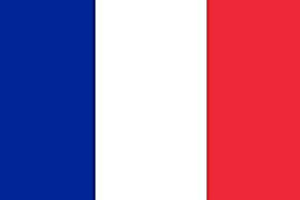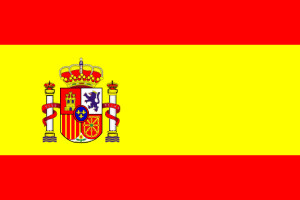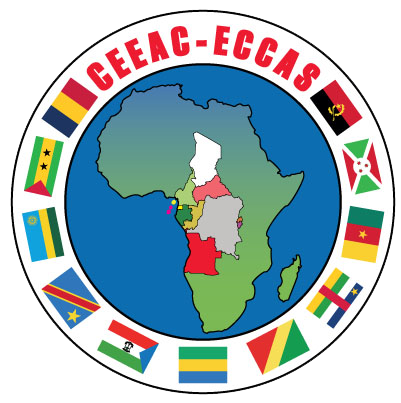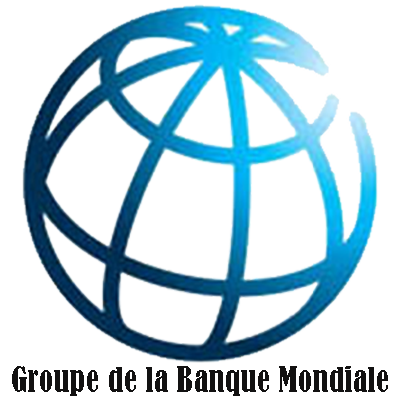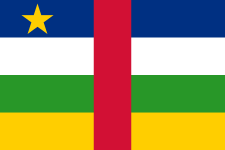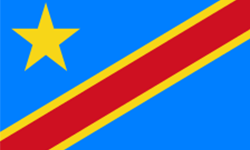ECCAS WORKS TOWARDS THE ESTABLISHMENT OF A REGIONAL LABORATORY NETWORK: LABORATORY EXPERTS ASSESS THE CAPACITY OF HUMAN AND ANIMAL HEALTH LABORATORIES IN EACC MEMBER COUNTRIES
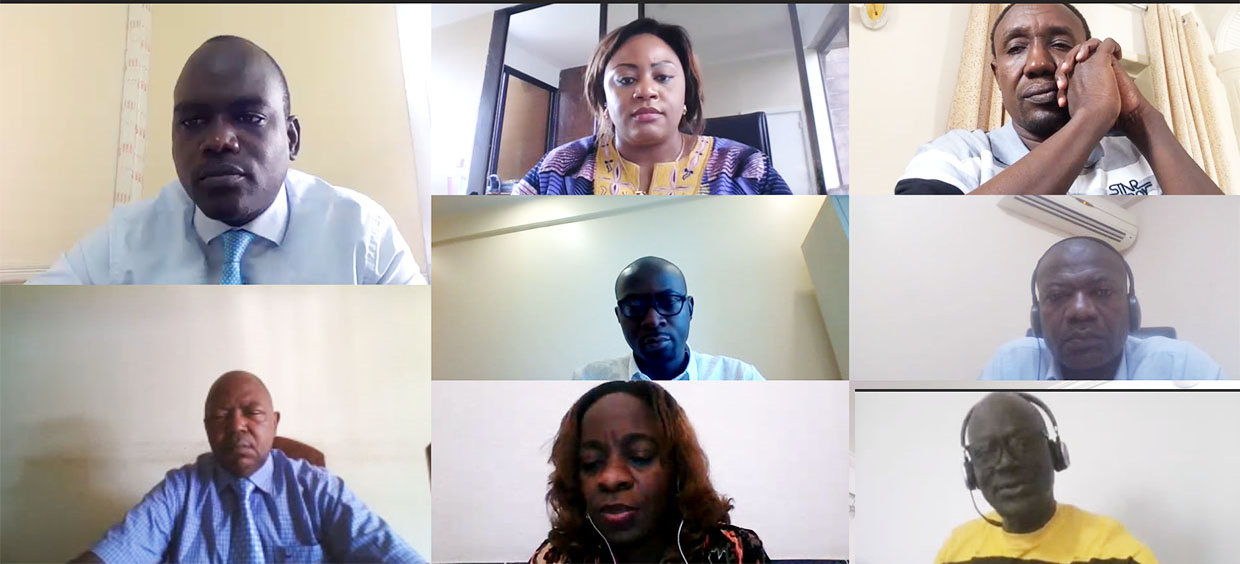
Libreville, 19 May 2022 - As part of the implementation of the 2022 Roadmap of the current President of ECCAS, H.E. President Felix TSHISEKEDI TSHILOMBO, who has made "Education, Health and Culture" the themes of his mandate, the ECCAS Commission held this Thursday, 19 May 2022, by video conference, the first meeting which brought together experts from the field of education and culture..
"Education, Health and Culture" the themes of its mandate, the ECCAS Commission held on Thursday, 19 May 2022, by video conference, the first meeting which brought together experts in charge of human and animal health laboratories of ECCAS member countries, representatives of laboratory networks (RISNET and RESOLAB), health specialists from the World Bank, REDISSE IV Project Coordinators and Experts at regional and country levels, to exchange on the capacities of animal and human health laboratories in REDISSE IV beneficiary countries.
This meeting was also held within the framework of the implementation of the activities of the Project for Strengthening Regional Disease Surveillance Systems in Central Africa, fourth phase (REDISSE IV), specifically in its component relating to "laboratory capacity building", the Regional Coordination Unit of the said Project being based within the Economic Community of Central African States (ECCAS) Commission
The official opening of the meeting was chaired by Mrs. Kapinga Yvette NGANDU, Commissioner in charge of the Department of Gender Promotion, Human and Social Development, on behalf of His Excellency Ambassador Gilberto Da Piedade VERISSIMO, President of the ECCAS Commission.
In her opening address, the Commissioner reminded participants that "The International Health Regulations (IHR) require States, as stakeholders, to develop basic national laboratory capacities to enable them to detect, investigate and notify the international community, through the World Health Organisation, of potential health emergencies of international concern. To fulfil this mandate, laboratories must have, among other things, qualified personnel and good communication, perform analyses according to standards, and have logistical assistance in terms of equipment, supplies and transport. It is within this framework that the ECCAS Commission has received funding from the World Bank for the implementation of the REDISSE IV Project to support the health system in Central Africa, including the laboratory capacity building component.
After the opening of the meeting, the participants followed the presentation of Dr Passoret VOUNBA, Specialist in laboratory strengthening at the REDISSE IV Project on the situation of laboratories in the 11 Central African countries and the presentations of laboratory specialists in human and animal health from the five REDISSE IV Project beneficiary countries.
Through the presentations and the ensuing exchanges, participants noted that ECCAS member countries in general and more particularly the five REDISSE IV Project beneficiary countries, which are faced with a high risk of disease emergence and re-emergence, do not have the laboratory capacities required to rapidly detect potential public health emergencies of international concern and report them in a timely manner to the international community via the World Health Organization (WHO). In addition, the weak collaboration of stakeholders and partners in the implementation of the "One Health" approach was also noted at both country and regional levels.
At the end of the meeting, the participants thanked the ECCAS Commission through the REDISSE IV Project for having organised this important meeting which allowed the identification of the challenges and needs for laboratory capacity building at the country and regional levels, but in order to meet these challenges and needs identified, they made the following recommendations
At country level & REDISSE IV - Country :
- Strengthen the collaboration of actors in the implementation of the One Health approach at country level (human, animal and environmental health);
- Identify priority laboratory strengthening needs that REDISSE IV Projects can support at country level;
- Conduct annual self-assessments to measure progress and identify bottlenecks for remediation;
- Raise awareness and advocate with technical and financial partners to play a leading role in laboratory capacity building;
- Prioritise the rehabilitation of existing laboratories and the acquisition of equipment; etc.
At regional level (ECCAS - REDISSE IV):
- Assist countries in setting up national laboratory networks;
- Set up a regional laboratory network to pool available equipment and human resources;
- Put special emphasis on the training of staff in preventive maintenance of laboratory equipment;
- Assist countries in capacity assessment and laboratory accreditation;
- Organise regular meetings to exchange and share good practices in health in general and in the implementation of the One Health approach in particular; etc.
The five ECCAS countries benefiting from the REDISSE IV project are Angola, Central African Republic, Congo, DRC and Chad.
Laissez un commentaire
Votre adresse de messagerie ne sera pas publiée. Les champs obligatoires sont indiqués avec *




